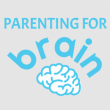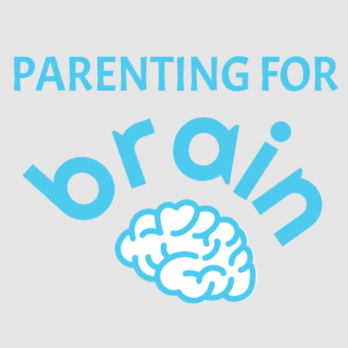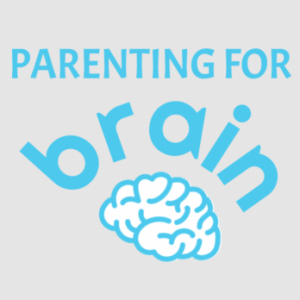Parenting For Brain is an industry leading blog that uses evidence-based empirical research and neuroscience studies to create practical parenting strategies that benefit children’s physical and mental health – so that they can reach their full potential.
With so much parenting advice readily available online, in books and based on experience from friends and family, it can be hard to know exactly what information to follow or trust. That is why Parenting For Brain provides a series of informative articles based on the latest scientific evidence and findings, to remove any guesswork or self-doubt on how to be a good parent.
Their mission is to give you as much accurate information as possible on a range of topics, such as parenting styles, brain development basics, how to understand your child’s behavior and developmental psychology basics, to assist you in making your own parenting decisions and raising healthy, happy, successful, and well-adjusted children without having to rely on anecdotes, opinions, or doctrine.
What Makes a Good Parent?
Parenting For Brain understands the pressure of having to make those early critical decisions on how to best help your child grow and develop.
So, instead of leaving you to trawl for hours through the internet for information that may be out-dated or lacking scientific evidence, they have several useful sections on their blog where you can find reliable articles to help you learn the latest advice and tips, as well as the latest parenting techniques.
Parenting Tips
A good parent is someone who strives to make decisions in the best interest of their child, but in some cases the answer may not always be clear – when this time comes, turn to Parenting For Brain’s 10 good parenting tips for guidance.
These helpful tips are integral to help you learn good parenting skills, how to become a better parent and how to avoid bad parenting.
Some of the advice included in the article is: how to be a good role model, the importance of being a safe haven for your child and the importance of paying attention to your own well-being.
Parenting Styles
There are 4 parenting styles commonly used in psychology today that are based on the work of developmental psychologist Diana Baumrind in the 1960’s and then further expanded by Stanford Researchers Eleanor Maccoby and John Martin in 1983. These are:
- Authoritative
- Authoritarian (or Disciplinarian)
- Permissive (or Indulgent)
- Neglectful (or Uninvolved)
The parenting style theory is based upon evidence from studying preschoolers, and the close relationship that was discovered between the different types of parenting styles and children’s behavior.
Parenting For Brain goes into detail about each of the parenting styles, including their positives and negatives, as well as illustrating how the different styles of parenting can lead to different child development and child outcomes.
Classical Conditioning
In psychology, conditioning is the process of pairing two stimuli together so that if one stimulus can trigger a reaction, the other can do the same too – simply by learned association.
Parenting For Brain shows how this can be a useful parenting technique to help establish positive behaviors in your child, while also sharing some classical conditioning examples that you and your child will encounter in your everyday lives, so that you can always remain one step ahead.
Positive Parenting
What is positive parenting?
Positive parenting emphasizes the importance of mutual respect between you and your child and focuses on using positive ways to discipline, as well as teaching proper future behavior instead of punishing past misbehavior.
Parenting For Brain provides the definitive guide and 9 essential positive parenting tips to help you create a peaceful, happy home.
More information
To find out more about Parenting For Brain and to read some of their helpful parenting articles, please visit their website at https://www.parentingforbrain.com/.







